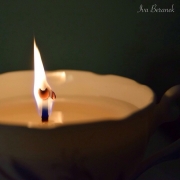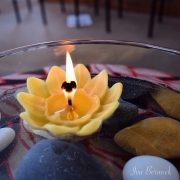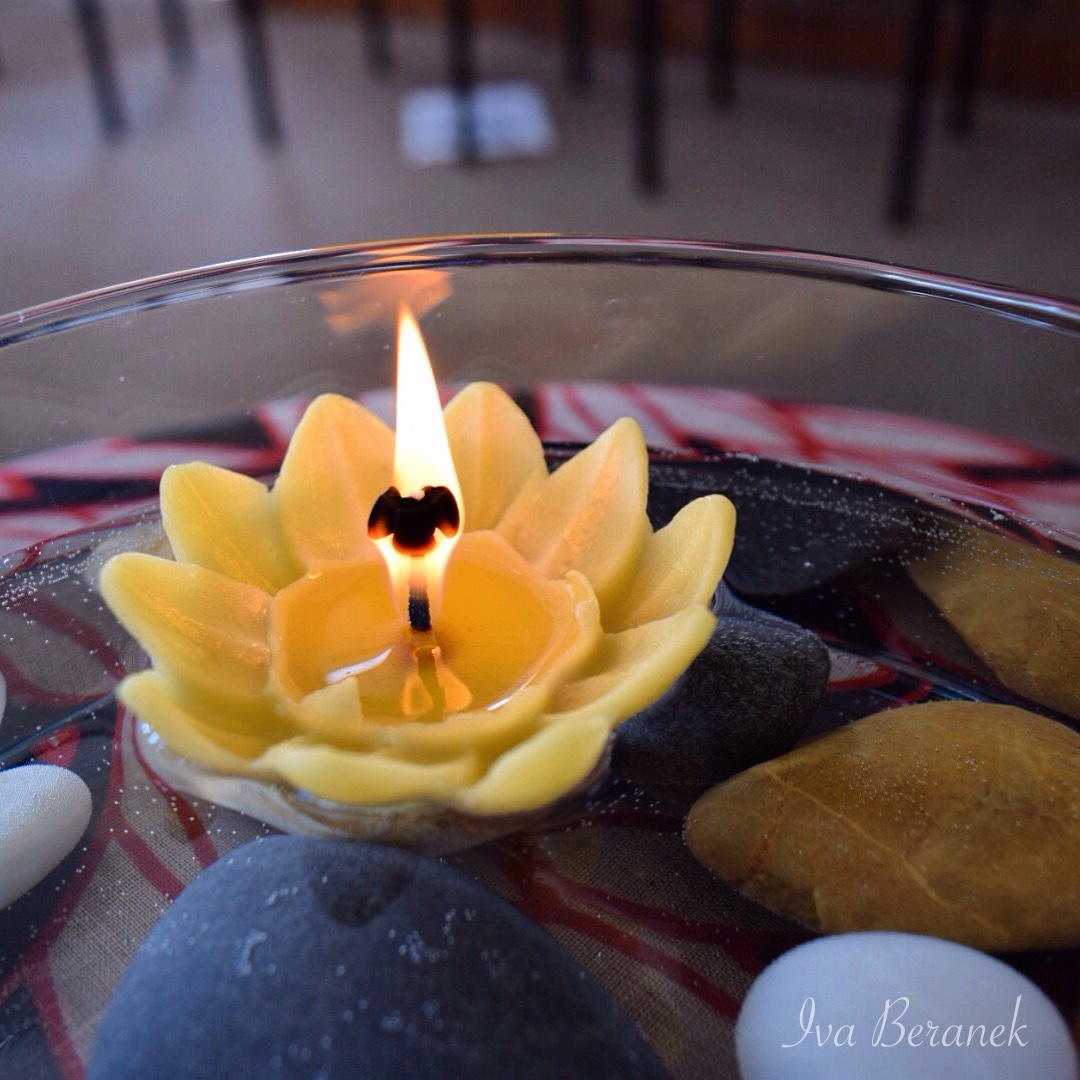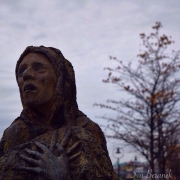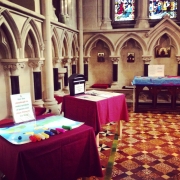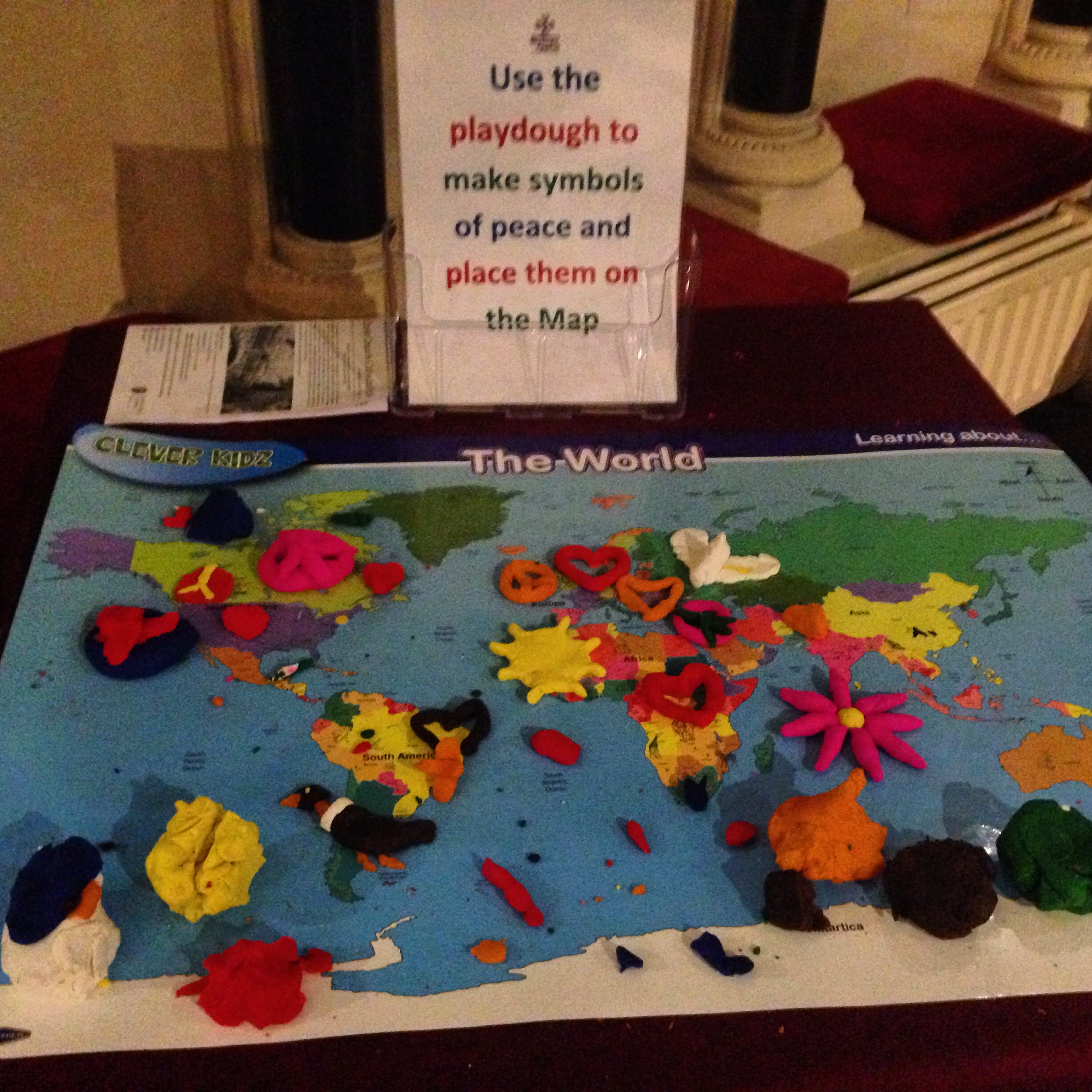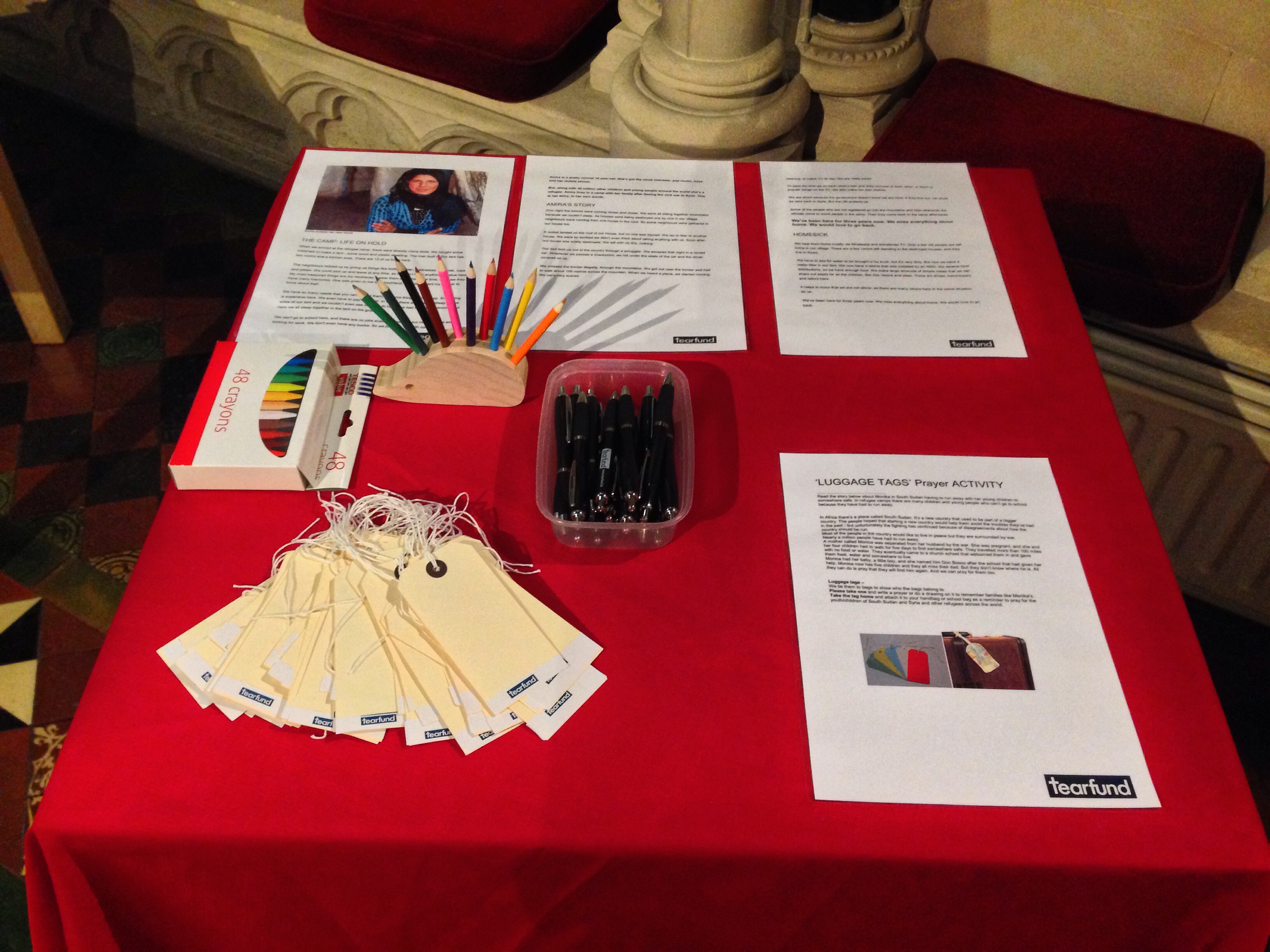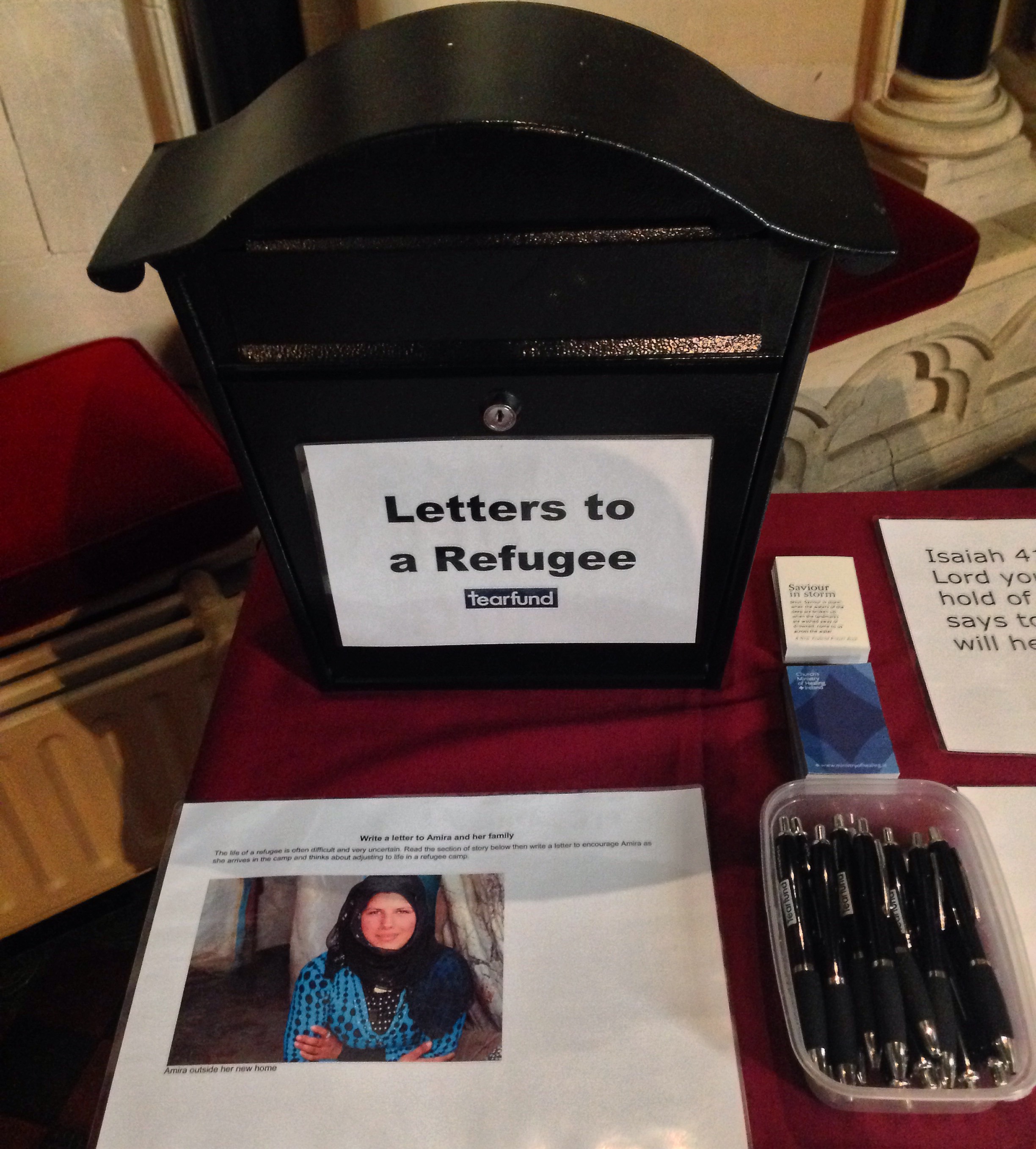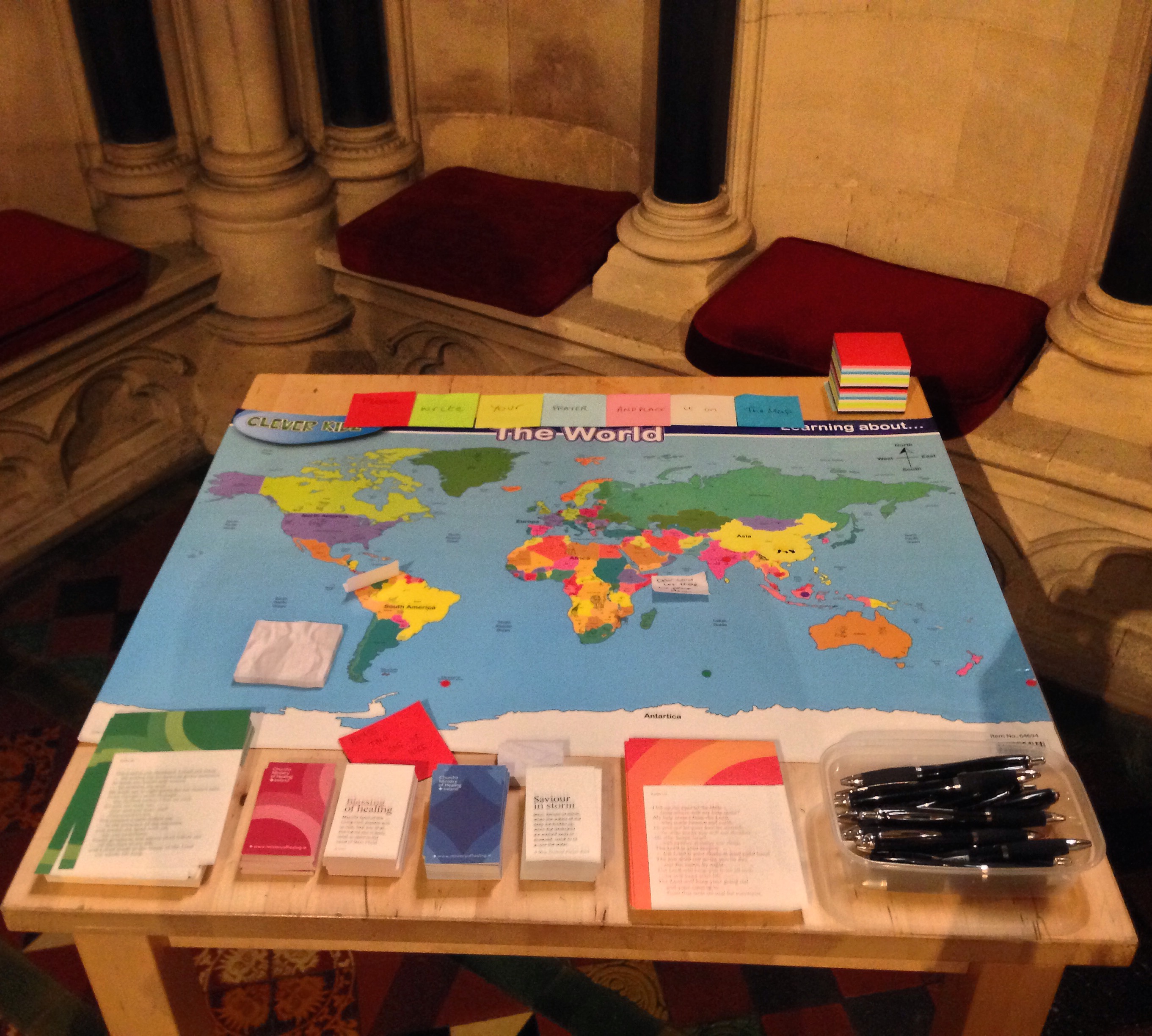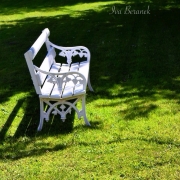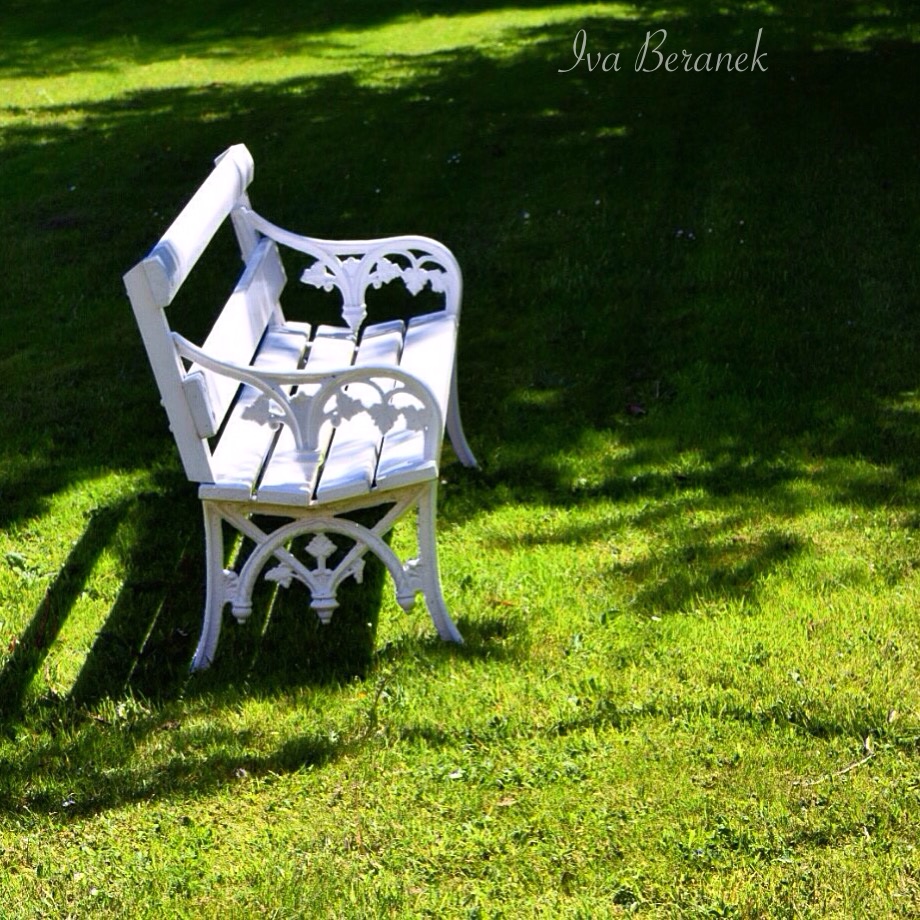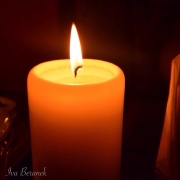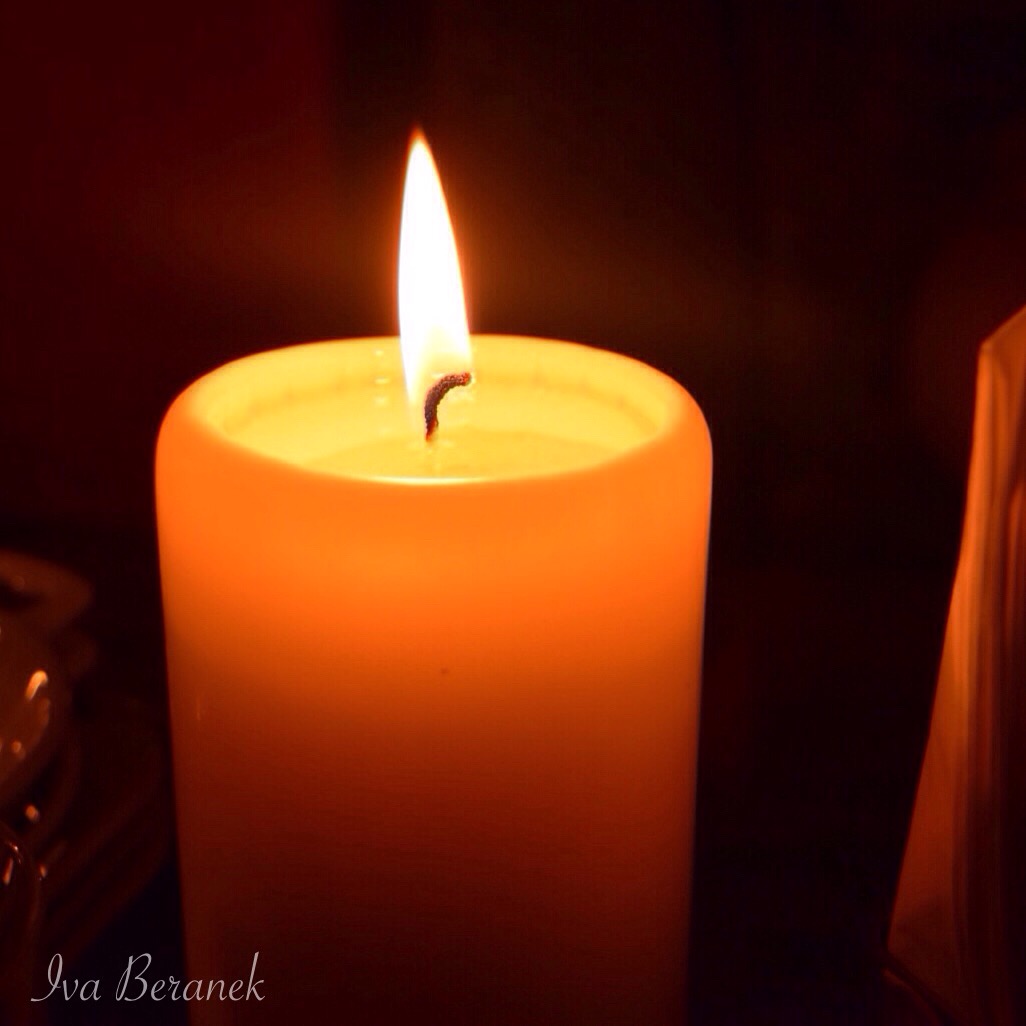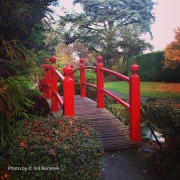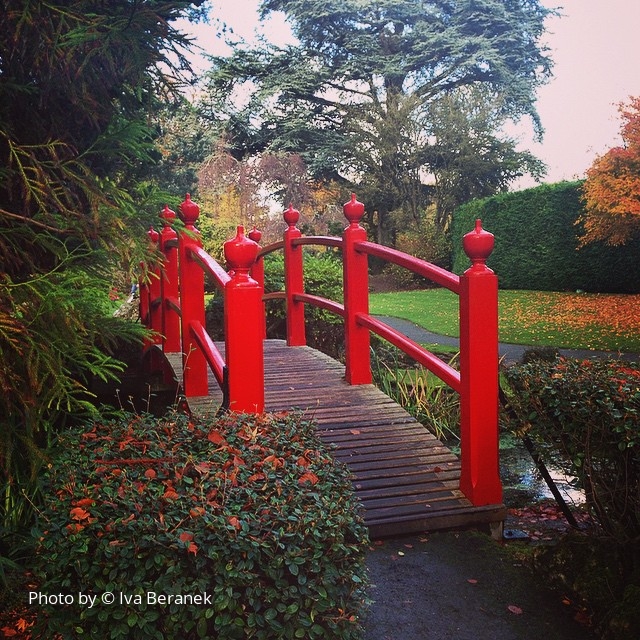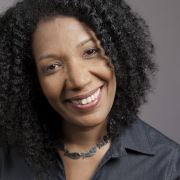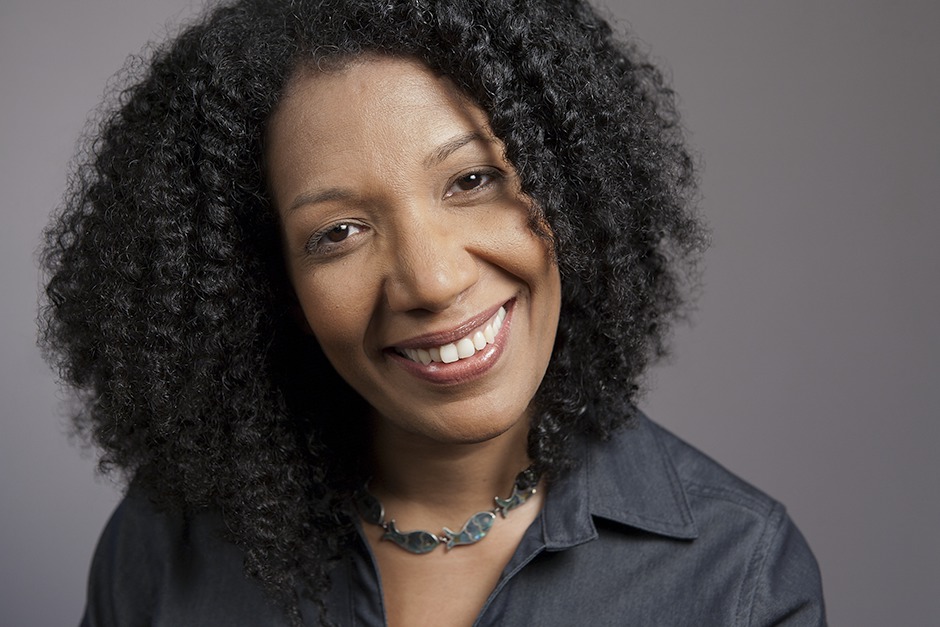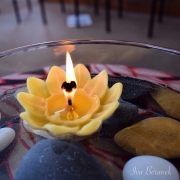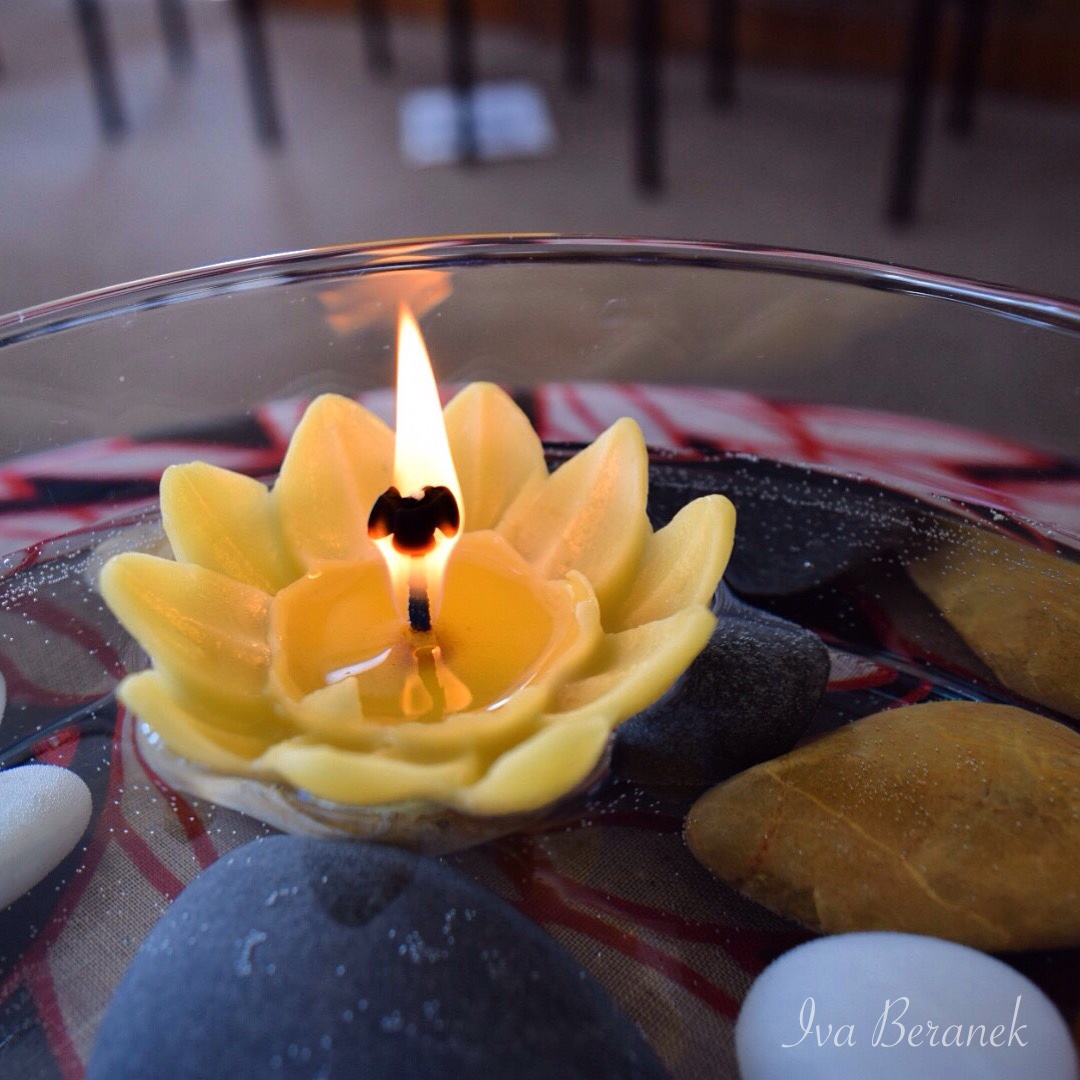This Advent look for those in need
The frenzy of Christmas shopping can so occupy some of us that it takes a special effort to think of those for whom this time is not going to be very happy.
As we journey towards Christmas, let us try and remember those who need us to bring the Christ light to them. If someone is hungry, we cannot ask them to reflect on the deeper meaning of Advent, we need to bring them food. Try and notice at least one person who would benefit from your smile or your helping hand and then do something, however small, which may bring them some joy. This can be an elderly person that you know, someone who lost their loved one this year, a person that in these cold months needs to live on the street, or someone else that life will introduce you to. Be attentive and help at least one person not to be lonely at this time of the year.
If for a moment we take our concern outside of Ireland, we are aware that the refugees are still coming into Europe, and winter brings added challenges to those who are trying to help them. I would like to tell you a story from my friend Tea, who lives in Bosnia. In the last few months the refugees have been coming through Serbia into Croatia, both of which are bordering Bosnia, so Tea goes to the border with a team of people to provide assistance to the refugees. While you read, if emotions or images you saw on the news come, offer them to God as a prayer. Even if you cannot put it into words, know that your heart prays. Tea says:
“The border between Serbia and Croatia: Buses are coming every 15-20 minutes. Each bus is full of people who are often dehydrated, hungry, wet… A lot of them are with kids. From the point where they leave the bus, people have to walk several kilometres to Croatia and then they continue their trip to the refugee camp in Croatia. We came on the Serbian side, to the point where the buses drop people off. We came with three cars full of food, clothes, blankets, raincoats, milk, juice, shoes… We also came with enough money to re-supply. People were leaving buses, briefly ate, drank and continued to walk. Often they looked confused, disoriented and at the edge of their strength.
Everything that we brought to the border was very useful. However, from the beginning we realised that some things are more important than others. Nearly every person had problems with their feet. I won’t even try to describe how their feet looked like. Obviously, a logical step was to start cleaning their feet, giving them dry socks and new shoes. Unfortunately our shoe supply was not very big (we had around 20 pairs). Well, at this point, as a team we decided that we have more shoes and shared our shoes with those who are in need. My team came back to Tuzla with different shoes. Now I have shoes that were walking from Syria to the Croatian border and that are wet. I didn’t feel that we did anything special. Several reporters saw when one of our team members took her shoes off and gave it to the refugee, then one of them started to cry.”
Joseph and Mary were also walking for days before Jesus was born. They were on their way to Bethlehem. I invite you to become aware of the shoes you are wearing. How far could you walk in them? Would they be good for walking over the fields or if you had to walk for days without changing them? Take a few moments to ponder on this in silence and to offer your silent prayers to God. (short pause)
We ask you, Jesus, to do what we cannot, and to inspire us to do more of what we can in order to help those who are in need.
Iva Beranek
Dr Iva Beranek is the Ministry Facilitator for the CMH: Ireland



